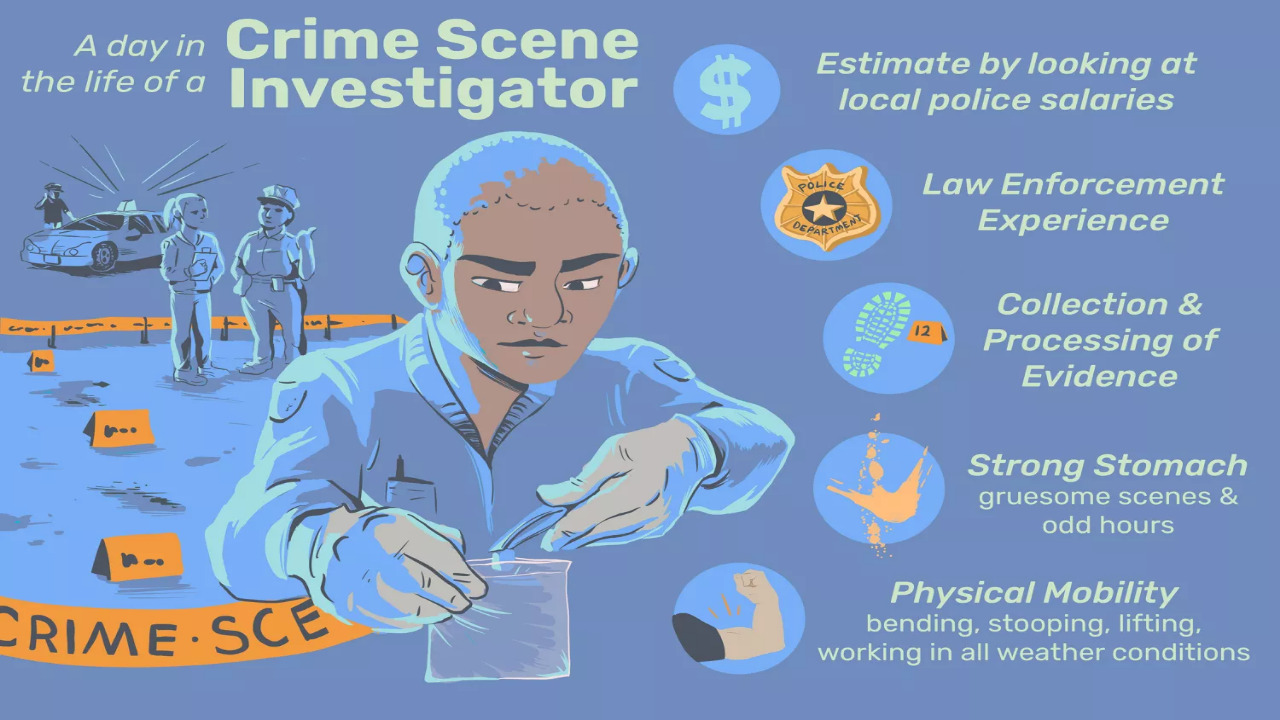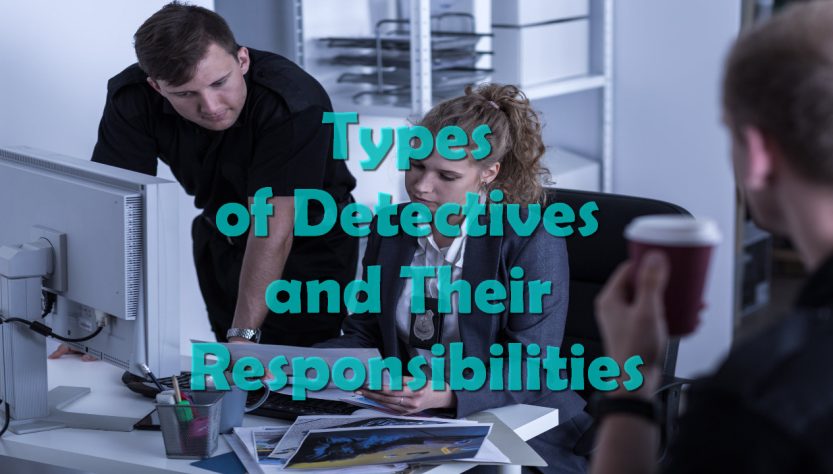Also known as an investigator, a detective often works in law enforcement where they gather information and evidence to solve various crimes. Using this evidence, they establish what really happened and identify the perpetrator. Detectives often specialize in a particular type of crime, such as murder or fraud. They are usually assigned to one case until it is dismissed, an arrest is made, or a trial is completed.
Duties of a detective

Although detectives’ specific duties vary depending on their specialty and the department in which they work, they do have some general duties. Here are some of the basic duties that every detective, for example, an Australian detective, performs:
- collecting facts and physical evidence from crime scenes to solve crimes;
- preparing and reviewing official reports;
- observing the actions of crime suspects;
- conducting raids and arresting criminals;
- using department resources to solve crimes;
- interviewing witnesses, suspects, and informants to identify alibis, timelines, potential suspects, missing information, and evidence that can be used to solve crimes;
- interviewing suspects to gather as much evidence as possible about the case or to identify the perpetrator;
- testifying in the courtroom by explaining evidence or acting as a witness.
Types of detectives

Although all detectives are trying to collect as much evidence as possible, which will eventually help identify the perpetrator, each of them still has a certain list of obligations according to the nature of their work. Within the two broad categories of public and private detectives, there are many detectives with different specialties.
Homicide investigators look into the murder story and arrest the man responsible for the crime. They assess the crime scene, examine the victim, talk to witnesses, conduct crime scene rounds, and collect all the proof of the perpetrator’s guilt so that they will not go unpunished. Police investigators resolve offenses, ranging from robbery, arson, murder, and property damage. If you are a police officer, you can focus on some particular kinds of crimes. Police detectives collect evidence, follow up on evidence, interview witnesses and crime victims, write reports and take notes, interview suspects, and make arrests.
Forensic investigators apply their skills in the fields of biological, physical, and chemical sciences to the examination and evaluation of evidence at crime scenes. They detect offenses by identifying the time and the way the crime occurred. Forensic scientists not only gather material samples from crime scenes but also analyze incriminating things and patterns by conducting a variety of scientific tests.
A cybercrime investigator solves crimes involving computers and computer networks. They solve a variety of cases, for example, computer break-ins and publishing violation crimes. Certain cyber crime investigators also provide assistance in recovering PC data for their use as proof in criminal prosecutions. Because of this, they often testify in court.
Other types of detectives
Drug investigators work on cases involving drug-related crimes to investigate the illegal sale and buying of illegal drugs. They focus on identifying, arresting, and dismantling drug trafficking organizations and the drug traffickers involved in such operations and organizations. Investigators of unsolved cases deal with unfinished files. They frequently handle murder scenes that were originally handled by a retired detective. Undercover detectives conduct undercover investigations, trying to gather evidence of an alleged as well as confirmed offense. They take on different guises during the work at a mission. Essentially, this means that they pretend to be another person in order to buy an illegal product or favor by not making the real culprit suspicious.

